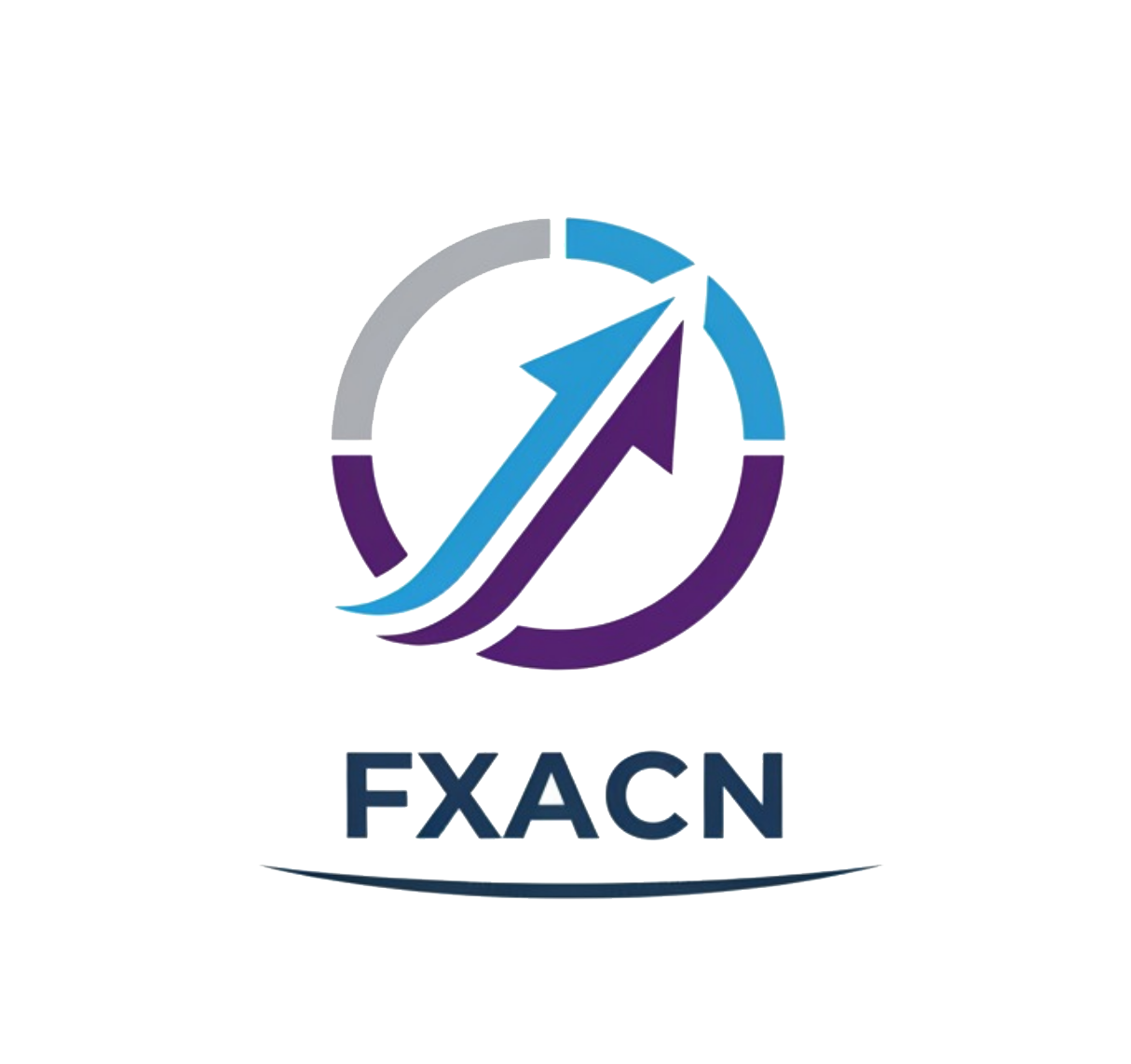Introduction
FBS is an international online broker that specializes in forex and CFD trading. Founded in 2009 and headquartered in Belize, FBS has carved a niche in the global market, serving over 27 million clients worldwide. The broker is known for its accessible trading conditions, low minimum deposits, and a variety of educational resources that cater to both novice and experienced traders. With such extensive participation in the financial industry, it becomes crucial for potential clients to exercise caution and thoroughly evaluate any broker before committing funds.
Traders must remain prudent as the forex market can be rife with risks and scams. Therefore, assessing brokers like FBS is essential to ensure that they operate legitimately, offer fair trading conditions, and prioritize the security of clients’ funds. To rigorously evaluate whether FBS is safe or potentially a scam, this article employs a comprehensive framework that reviews regulatory compliance, examines the company’s background, analyzes trading conditions, explores customer experiences, and assesses overall risk factors. Based on a mix of qualitative insights and quantitative data drawn from customer feedback, regulatory records, and financial reports, this article aims to provide an informed perspective on the safety and legitimacy of FBS.
Regulation and Legitimacy
Understanding the regulatory landscape that governs a trading broker is fundamental to evaluating its legitimacy. Regulatory oversight not only ensures compliance with industry standards but also promotes transparency and accountability. A regulated broker must adhere to strict guidelines aimed at protecting clients’ interests. FBS holds licenses from reputable regulatory bodies including the Cyprus Securities and Exchange Commission (CySEC) and the Australian Securities and Investments Commission (ASIC), which signals that the broker operates under strict regulations.
| Regulatory Authority | License Number | Region | Verification Status |
|---|---|---|---|
| CySEC | 331/17 | Cyprus | Valid |
| ASIC | 426359 | Australia | Valid |
| IFSC | 000102/460 | Belize | Valid |
| FSCA | 50885 | South Africa | Valid |
Each of these regulators has its own set of rules. CySEC and ASIC are considered tier-1 regulatory bodies, offering strong consumer protection, whereas the International Financial Services Commission (IFSC) is classified as a tier-3 authority, indicating less stringent oversight. Additionally, while FBS offers negative balance protection across various licenses, it should be noted that investor compensation schemes like those provided by CySEC are not universally available across all regions—potentially exposing non-EU clients to greater risk.
Company Background Investigation
FBS started its journey in 2009, quickly establishing a reputable presence in the forex and CFD trading sectors. Over the years, the company expanded its operations, gaining licenses from various regulatory bodies to better serve its international clientele. The ownership structure involves multiple entities under the FBS brand, including FBS Markets Inc., which operates in Belize, and Tradestone Ltd., which manages European operations under CySEC.
The management team is composed of individuals with considerable experience in financial services, which augurs well for the broker’s operations. Transparency is deemed satisfactory, as FBS provides detailed information about its licensing status, operational policies, and services on its official website. This level of disclosure is vital for potential clients who are seeking reassurance about the broker’s integrity.
Furthermore, FBS’s commitment to education and its operational longevity in the market contribute to its credibility. The broker offers various educational materials and has developed a customer-centric approach to service delivery, aiming to enhance client knowledge and trading experience, which helps bolster its reputation. Notably, FBS has received numerous awards over the years, further affirming its commitment to quality service.
Trading Conditions Analysis
In assessing whether FBS is safe, it’s essential to evaluate its trading conditions comprehensively. The broker offers diverse types of accounts with varying spreads, commission structures, and leverage options. Generally, the overall cost structure is competitive within the industry, which is an attractive feature for traders of all levels. FBS provides several account options, including cent accounts requiring a minimum deposit of just $1, and a standard account with a slightly higher threshold.
However, there are some notable fees that might not align well with standard industry practices. For instance, commissions may apply for trading certain assets under specific account types. Below is a comparative analysis of the core trading costs associated with FBS:
| Fee Type | FBS | Industry Average |
|---|---|---|
| Major Currency Pair Spread | From 1.1 pips | 1.0 – 1.2 pips |
| Commission Model | Varies (up to $20 for certain accounts) | Typically flat or variable |
| Overnight Interest Range | Applicable | Varies significantly |
The minimal withdrawal fees and quick processing times are additional savings for traders, as FBS generally does not impose deposit or withdrawal fees. These trading conditions, along with the lack of inactivity fees, position FBS favorably against its competitors. However, potential clients should be aware of any unusual fees and carefully read the terms associated with promotions or bonuses.
Customer Funds Security
Ensuring the safety of client funds is paramount for any reliable broker. In the case of FBS, several mechanisms are in place to protect traders’ capital. FBS employs segregated accounts to keep client funds separate from corporate funds, safeguarding against potential operating risks. Additionally, FBS offers negative balance protection, ensuring traders cannot lose more than their deposits, which is a crucial feature for risk management, especially for novice traders.
However, there is a need for caution. While FBS has shown a commitment to fund safety, its allocation of investor compensation is limited primarily to Europe, as only CySEC clients can benefit from an operational insurance scheme covering up to €20,000 in the event of broker insolvency. Non-EU clients do not enjoy this level of protection, raising concerns over capital safety for those in less regulated regions.
Customer Experience and Complaints
Feedback from clients about FBS is largely positive, with many users praising the broker for its responsive customer support and seamless trading experience. However, some complaints have surfaced, particularly regarding withdrawal delays and account verification issues. Patterns of complaints often include:
| Complaint Type | Severity | Company Response |
|---|---|---|
| Withdrawal Delays | Moderate | Often prompt but varies |
| Verification Issues | High | Communicative, but need improvement |
One notable incident involved a trader who reported difficulty withdrawing profits despite timely requests. The broker ultimately resolved the issue after thorough verification and reassured the customer of its compliance with financial regulations. While such complaints may raise valid concerns, they appear to be exceptions rather than systemic issues.
Overall, the customer experience at FBS reflects a combination of strengths, such as a user-friendly platform and educational offerings, tempered by occasional complaints concerning operational efficiency.
Platform and Trade Execution
The execution quality is integral to any trading experience, and FBS has performed admirably in this area. The broker employs a non-dealing desk (NDD) model that contributes to fast and transparent execution speeds—often noted to be under 30 milliseconds. This quick execution aids in minimizing slippage and ensuring trades are filled at expected prices.
While many users report satisfactory execution quality, it is crucial to remain vigilant regarding any signs of platform manipulation. Slide-on errors can occur, particularly during significant market shifts, yet frequent instances of failure to execute trades at anticipated prices could cause unease among traders.
FBS offers multiple platforms, namely MetaTrader 4 (MT4) and MetaTrader 5 (MT5), both of which are reputable for their advanced features, customizability, and reliability. Users benefit from robust charting tools, extensive technical indicators, and automated trading capabilities.
Risk Assessment
Consideration of trading risks associated with FBS is essential for potential clients. Below is a concise risk-rating card that summarizes critical risk areas:
| Risk Category | Risk Level (Low/Medium/High) | Brief Description |
|---|---|---|
| Regulatory Risk | Medium | Various licenses but limited compensation options for non-EU clients |
| Operational Risk | Low | Robust system with robust execution speed, but occasional issues noted |
| Fund Safety Risk | Medium | Segregated accounts but no investor insurance for non-EU clients |
| Customer Service Risk | Medium | Generally responsive support, but some complaints noted |
To mitigate these risks, potential traders should ensure they understand the trading conditions and leverage offered by FBS. It is also advisable to perform robust due diligence and consider starting with a demo account to gauge the broker’s operations and service quality without capital loss.
Conclusion and Recommendations
In conclusion, the evidence suggests that FBS is not a scam, but potential clients should approach with caution. The broker offers a comprehensive service with various regulatory licenses, albeit exhibiting certain weaknesses in compensation options and customer support consistency. While clients have reported positive experiences overall, complaints are not uncommon, particularly concerning withdrawals and verification processes.
For traders who are considering FBS, it is essential to assess personal trading strategies and risk appetite. New traders or those interested in cost-effective options may find FBS a suitable choice, while experienced traders should remain vigilant and prepared for the discrepancies that may arise.
If you feel uncertain about using FBS, consider exploring other reputable brokers such as IG Group, OANDA, or Forex.com, which offer similar services with robust regulatory protections and detailed customer support networks. Always verify that the broker aligns with your trading goals and maintains appropriate measures for safety and compliance.


